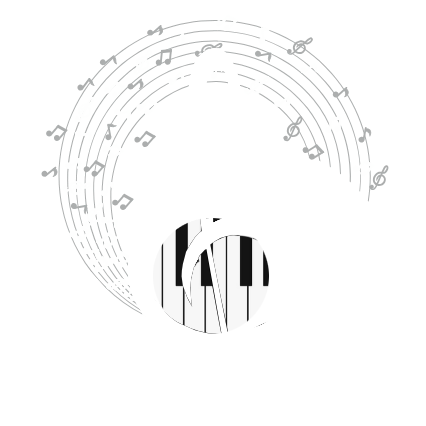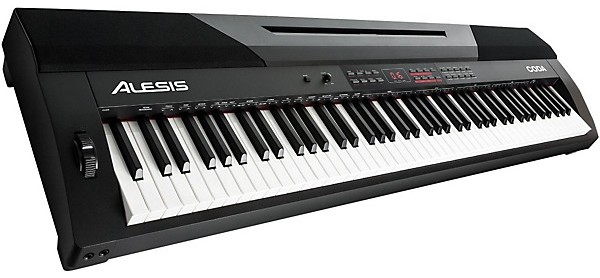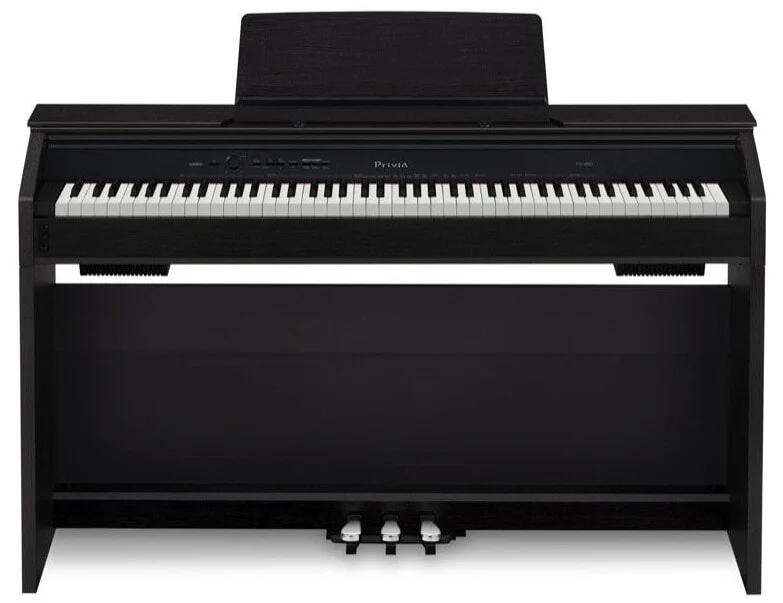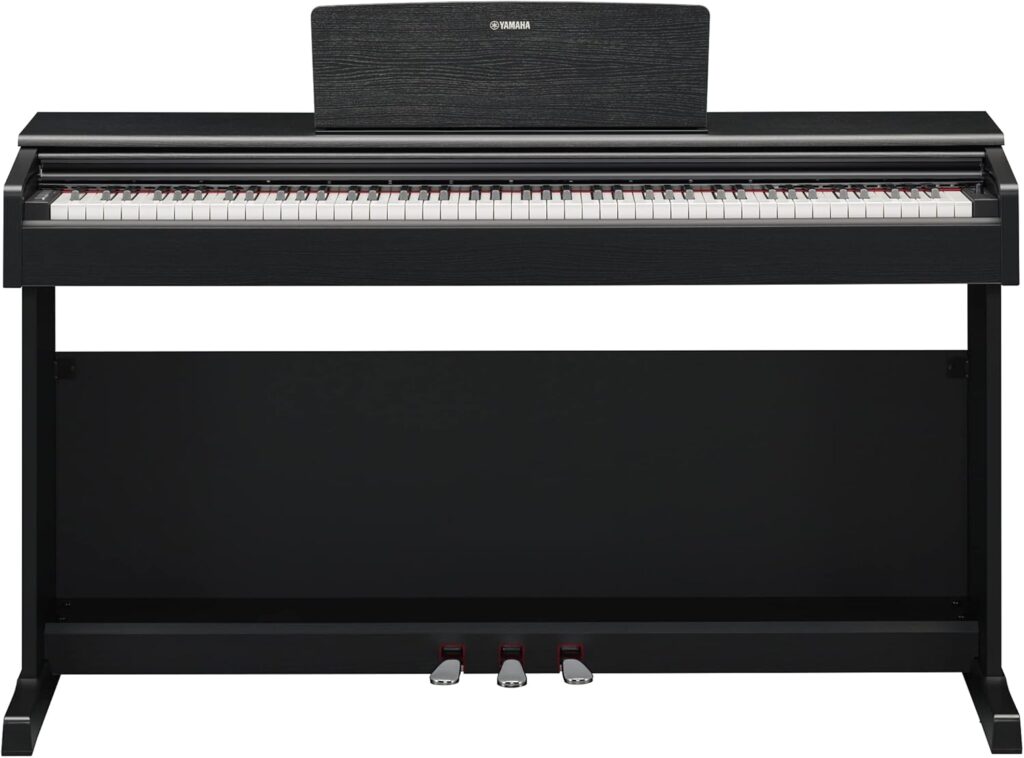Understand Your Musical Goals First
What Type of Music Will You Play?
Before touching your wallet, ask yourself: What kind of player are you? If you’re aiming for classical concertos, you’ll want something very different than if you’re producing pop or composing lo-fi beats. Your musical style will help determine whether you need an acoustic piano, a digital piano, or even a versatile MIDI keyboard.
Beginner or Experienced?
New to piano? Don’t overbuy. Many beginners start with digital pianos or weighted keyboards that mimic acoustic feel—without the maintenance or cost.
Choose Between Acoustic and Digital
Acoustic: Rich Sound, But Heavy Commitment
Acoustic pianos—upright or grand—deliver unmatched tone and dynamics. But they also come with tuning, moving logistics, and higher price tags.
Digital: Flexible and Feature-Packed
Digital pianos are lighter, more affordable, and can include features like headphone jacks, recording functions, and different sound presets.
Understand the Key Action (It’s a Big Deal)
Weighted, Semi-Weighted, or Synth-Action?
Weighted keys mimic real piano resistance, ideal for building strength and control. Semi-weighted keys offer a nice middle ground. Synth-action keys are light and fast—great for electronic music but not for traditional piano technique.
Graded Hammer Action for Realism
Want the real deal? Look for graded hammer action, where lower keys are heavier and higher keys are lighter—just like an acoustic.
Decide How Many Keys You Actually Need
88 Is Standard—but Not Always Necessary
88 keys are ideal for classical and advanced players. But 61 or 76 keys might suit casual learners, producers, or those tight on space.
Less Can Be More (for Beginners)
If you’re new, fewer keys could reduce overwhelm. Focus on comfort and playability first—then upgrade when you outgrow it.
Think About Where It’ll Live
Space and Placement Matter
Acoustic pianos need permanent space (and stable climate). Digital pianos are more forgiving—and portable keyboards can be stored when not in use.
Aesthetics, Noise, and Neighbors
Living in an apartment? Digital pianos let you plug in headphones. Want it to match your decor? Acoustic pianos often win on looks.
Set a Realistic Budget (and Stick to It)
More Expensive Doesn’t Always Mean Better
Quality exists at every price point. Set a budget before you fall in love with a $5,000 model—and don’t forget to factor in stands, pedals, and benches.
Used Pianos Can Be Great (or Risky)
You can save big by buying used—but always inspect for damage or hire a technician. Especially with acoustic models, internal issues can be costly.
Test Before You Buy (or Regret Later)
Feel Is Personal—Trust Your Fingers
Even two digital pianos with the same specs can feel totally different. Test them in person if possible. How the keys feel under your fingers is everything.
If You Can’t Test in Person…
Watch video demos, read user reviews, and buy from stores with generous return policies. It’s worth the extra research.
Conclusion: Make an Informed, Feel-Good Choice
Buying a piano isn’t just a purchase—it’s an investment in your creativity and joy. Whether you’re starting your musical journey or returning after years away, the right piano should support your lifestyle, fit your space, and inspire you to play more. Start with your needs, not trends. Feel the keys. Trust your gut. And enjoy the process—music is supposed to feel good.
FAQs
- Do I need all 88 keys as a beginner?
Not necessarily. Many beginners do just fine with 61 or 76 keys when starting out. - Are digital pianos good enough for serious practice?
Yes—especially high-quality ones with weighted or graded hammer action keys. - How much should I spend on my first piano?
Anywhere from $300 to $1,000 is reasonable for a good beginner-friendly digital piano setup. - What’s the difference between weighted and semi-weighted keys?
Weighted keys replicate an acoustic piano feel more closely. Semi-weighted keys are lighter and easier to play but offer less resistance. - Can I buy a piano online without testing it?
Yes—but only if the store has a good return policy and you’ve done thorough research on reviews and video demos.



